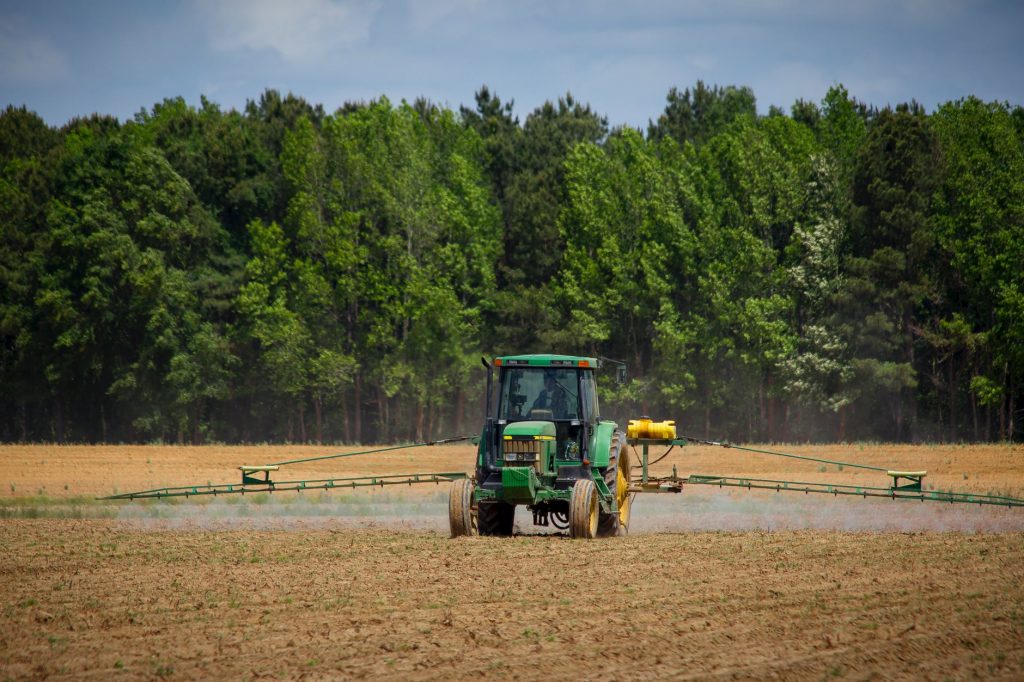A trial in a case alleging that Roundup, Monsanto’s glyphosate-based herbicide, caused cancer was set to begin later this month has officially been postponed until next year. The case, Winston v. Monsanto Co., No. 1822-CC0051, was filed in Missouri state court in early 2018 and specifically accuses Monsanto of failing to warn users of Roundup that glyphosate is a carcinogen.
Although the Winston case represents only one out of an estimated 18,400 plaintiffs currently alleging that Monsanto failed to warn them that Roundup could cause cancer, it would have been only the fourth case in which cancer patients alleged that Roundup had caused their cancer to make it to the trial stage. Two of the three previous cases were before California state courts, and one was before the United States District Court for the District of Northern California. All three resulted in jury awards for the plaintiffs. Of the cases still pending against Monsanto, most have been filed in state court. However, some 1,300 federal suits have been consolidated before a U.S. District Judge for the Northern District of California.
The three cases that have so far resulted in jury verdicts, Johnson v. Monsanto Co., No. CGC-16-550128; Hardeman v. Monsanto Co., No. 16-cv-00525-VC; and Pilliod, et al. v. Monsanto Co., No. RG17862702, were all decided based on claims of design defect, failure to warn, and negligence. The juries determined that Roundup had a design defect because it was unsafe in a way that an ordinary consumer would not expect when the product was used as intended; that Monsanto failed to warn consumers that Roundup was dangerous despite the fact that Monsanto knew or should have known that Roundup posed a threat to consumers; and that Monsanto was negligent in designing and selling Roundup in the first place.
Monsanto, which was bought by the German-based Bayer in 2018, has appealed the jury verdicts for the California cases. In a brief filed with the California appeals court seeking to overturn the jury verdict in the Johnson case, Monsanto argued that it had no duty to warn consumers of the risk of glyphosate when regulators worldwide have continuously concluded that glyphosate is safe and noncarcinogenic. In the U.S., the Environmental Protection Agency (EPA) maintains that glyphosate poses no risk to human health when it is safely used by following the label instructions. However, plaintiffs in the cases against Monsanto have repeatedly cited a report put out in 2015 by the International Agency for Research on Cancer (IARC) which concluded that glyphosate is carcinogenic. Plaintiffs relied on this report to argue that Monsanto knew or should have known that Roundup posed a risk to human health. In response, Monsanto has argued that because the report only came out in 2015, and because regulatory agencies have yet to alter their conclusions about the safety of glyphosate, that it would be a misinterpretation of the law to conclude that Monsanto failed to warn consumers about the safety of Roundup.
Many are speculating that the Winston case in Missouri has been postponed to give the parties a chance to reach a settlement out of court, in part because of the large settlements that juries have awarded in the three previous cases. Combined, the three California cases together resulted in well over $2 billion in damages, with one case alone resulting in $2 billion and the other two each resulting in multi-million dollar awards. However, in a statement from Bayer announcing the postponement of the Winston case, the company made no mention of settlement talks and instead noted that its legal team would be taking the time to focus on the appeals currently underway in California.
Roundup is one of the most-used pesticides in the U.S. It is extremely effective at controlling weeds, and according to EPA is used both in agricultural and non-agricultural settings for everything from the production of fruits and vegetables to land conservation. Additionally, glyphosate is often used in conjunction with glyphosate-resistant crops including corn and soybeans. At the moment, EPA is unwilling to restrict the current use of glyphosate-based herbicides due both to how widely such herbicides are used, and to the fact that EPA has found no risks to public health from the current approved uses of glyphosate. Secretary of Agriculture, Sonny Perdue, has said in an EPA press release that “if we are going to feed 10 billion people by 2050, we are going to need all the tools at our disposal, which includes the use of glyphosate.”
To learn more about the regulation of pesticides, click here.
